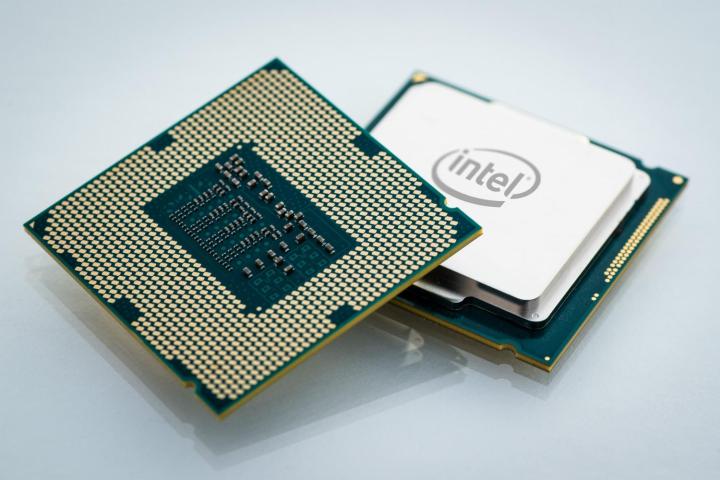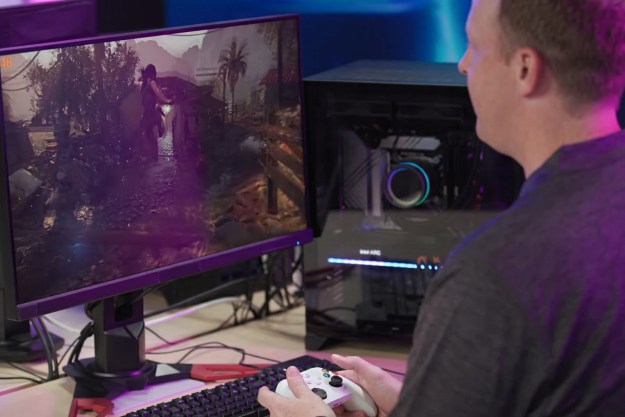
Though it’s unclear what Intel could be announcing at IFA next month, their presentation could contain information about the company’s next gen CPUs. Intel is widely expected to release new 5th-generation processors based on the company’s Broadwell architecture towards the end of this year. After all, Intel’s own CEO, Bryan Krzanich, made the announcement himself back in May of this year.
“I can guarantee for holiday, and not at the last second of holiday,” Krzanich said when speaking with Reuters at the Maker Faire in San Mateo, California in May. “Back to school – that’s a tight one. Back to school you have to really have it on-shelf in July, August. That’s going to be tough.”
It’s also worth noting that during Computex 2014, Intel revealed Core M, a super-thin processor that could pave the way for ultra-thin laptops and hybrids. They also took the wraps off of Llama Mountain, a concept device powered by Core M that’s only 7.2mm thick and wears a 12.5-inch display. By comparison, Microsoft’s Surface Pro 3, which sports a 12.1-inch screen, is 9.1mm thick. Intel’s IFA 2014 presentation could also contain more information about these two devices as well.
Whatever Intel plans to show off at IFA, we won’t have to wait too long to find out what they have in store for the PC market. Intel could use an injection of new energy, after the performance of their Devil’s Canyon CPU was found to only offer a modest performance boost over older Intel chips.
IFA 2014 will kick off on September 5, 2014, and will be held in Berlin, Germany.
Editors' Recommendations
- What to do if your Intel CPU keeps crashing
- No, Intel isn’t blaming motherboard makers for instability issues
- Intel Battlemage graphics cards: release date speculation, price, specs, and more
- I’ve used Intel CPUs for years. Here’s why I’m finally switching to AMD
- Some Intel CPUs lost 9% of their performance almost overnight


